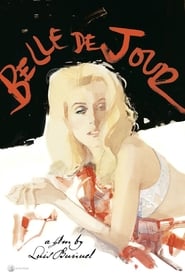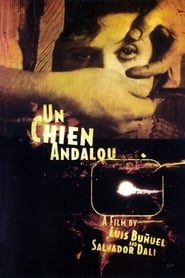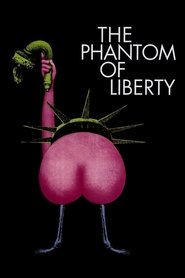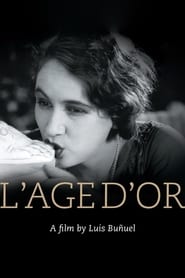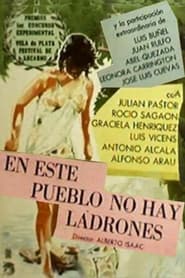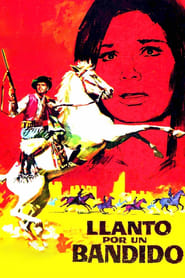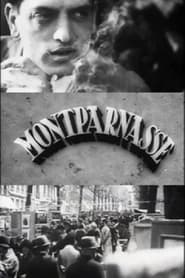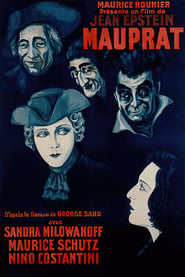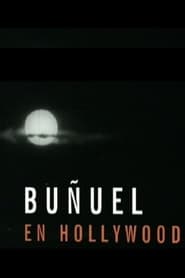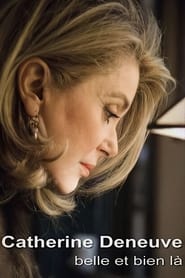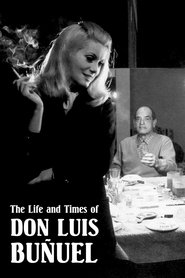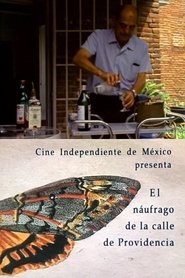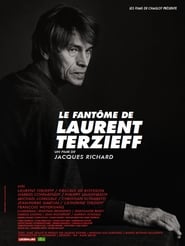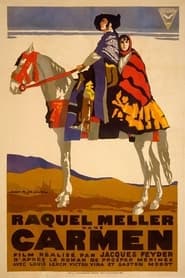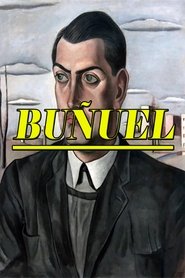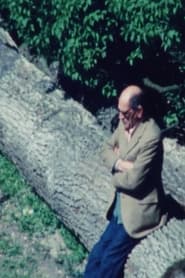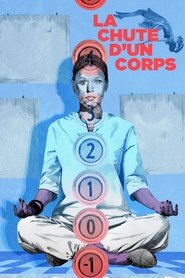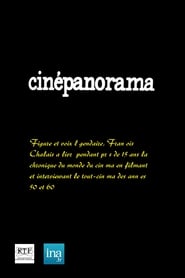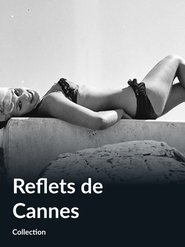Luis Buñuel
Luis Buñuel Portolés (Spanish: [ˈlwis βuˈɲwel poɾtoˈles]; 22 February 1900 – 29 July 1983) was a Spanish filmmaker who worked in France, Mexico, and Spain. He has been widely considered by many film critics, historians, and directors to be one of the greatest and most influential filmmakers of all time. Buñuel's work was known for its avant-garde surrealism which was also infused with political commentary and social satire. Often associated with the surrealist movement of the 1920s, Buñuel made films from the 1920s through the 1970s. He collaborated with prolific surrealist painter Salvador Dali creating the films Un Chien Andalou (1929), which was made in the silent era and L'Age d'Or (1930). The two films are seen as the birth of Cinematic surrealism. From 1947 to 1960 he developed his skills as a director filming in Mexico making grounded and human melodramas such as Gran Casino (1947), Los Olvidados (1950), and Él (1953). Here is where he gained the fundamentals of storytelling. Buñuel than transitioned into making artful, unconventional, surrealist, and political satirical films. He earned acclaim with the morally complex arthouse drama film Viridiana (1961) which criticized the Francoist dictatorship. The film won the Palme d'Or at the 1961 Cannes Film Festival. He then criticized political and social conditions in The Exterminating Angel (1962), and The Discreet Charm of the Bourgeoise (1972) the later of which won the Academy Award for Best International Feature Film. He also directed Diary of a Chambermaid (1964), and Belle de Jour (1967), as well as his final film That Obscure Object of Desire (1977) the later of which earned the National Society of Film Critics Award for Best Director. Buñuel earned five Cannes Film Festival prizes, two Berlin International Film Festival prizes, and a BAFTA Award as well as nominations for two Academy Awards. Buñuel received numerous honors including National Prize for Arts and Sciences for Fine Arts in 1977, the Moscow International Film Festival Contribution to Cinema Prize in 1979, and the Career Golden Lion in 1982. He was nominated once for the Nobel Prize in Literature in 1968. Seven of Buñuel's films are included in Sight & Sound's 2012 critics' poll of the top 250 films of all time.
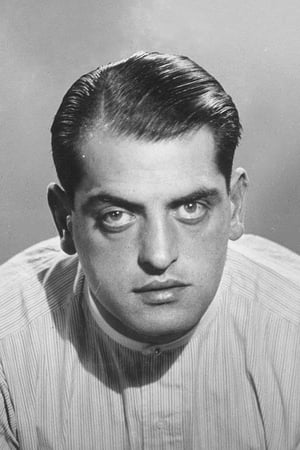
Belle de Jour
as Man in Gardencafe - Left from the Duke (uncredited)Beautiful young housewife Séverine Serizy cannot reconcile her masochistic fantasies with her...
Movie pageUn Chien Andalou
as Man in Prologue (uncredited)Un Chien Andalou is an European avant-garde surrealist film, a collaboration between director...
Movie pageThe Phantom of Liberty
as Un condamné à mort (uncredited)This Surrealist film, with a title referencing the Communist Manifesto, strings together short...
Movie pageL'Âge d'or
as (uncredited)The film consists of a series of tightly interlinked vignettes, the most sustained of which...
Movie pageThe Milky Way
as (voice) (uncredited)Two men, part tramp, part pilgrim, are on their way to Santiago de Compostela in Spain. On their...
Movie pageJeanne Moreau: Free Spirit
as Self - Filmmaker (archive footage)An account of the life of actress Jeanne Moreau (1928-2017), a true icon of the New Wave and one...
Movie pageThere Are No Thieves in This Village
as CuraWhen a young boy steals billiard balls from a local saloon, a stranger is charged with the...
Movie pageWeeping for a Bandit
as El verdugoJosé María "El Tempranillo" fleeing from justice, takes refuge in Sierra Morena. After a period...
Movie pageMontparnasse
as uncreditedCome take an avant-garde walk in the Montparnasse of the late 1920's. This district of Paris,...
Movie pageMauprat
as Monk / GuardsmanRomantic novelist George Sand's Mauprat as adapted by cinema visionary Jean Epstein. As a child,...
Movie pageSpeaking of Buñuel
as Self (archive footage)Surrealist master Luis Buñuel is a towering figure in the world of cinema history, directing...
Movie pageBuñuel in Hollywood
as Self (archive footage)This documentary traces the relationship of Buñuel with American culture and Hollywood. The...
Movie pageCatherine Deneuve, belle et bien là
as Self (archive footage)Catherine Deneuve couldn’t care less about being a celebrity, but fame made her an icon long ago...
Movie pageLuis Buñuel : Un cinéaste de notre temps
as SelfAn overview of Luis Buñuel's career. Includes an interview with the filmmaker.
Movie pageThe Life and Times of Don Luis Buñuel
as SelfMade a year after Luis Buñuel's death in 1983 this is an illuminating portrait of the surreal...
Movie pageThe Castaway on the Street of Providence
as HimselfFriends of Luis Buñuel discuss the director while Buñuel mixes drinks and entertains friends in...
Movie pageLe Fantôme de Laurent Terzieff
as Self (archive footage)Laurent Terzieff was more than a good actor, after having been a real "star" in the cinema,...
Movie pageCarmen
as Contrebandier chez lillas pastiaFeyder's scenario very closely follows Don José's own account of his story and his fatal...
Movie pageThe Incredible Mr. Piccoli
as Self - Filmmaker (archive footage)A captivating portrait of French actor Michel Piccoli, who has worked with the greatest...
Movie pageBuñuel
as SelfCompleted a year after his death in 1983, this program presents the definitive biography of...
Movie pageOn the Set of 'That Obscure Object of Desire'
as selfPreviously unseen 8mm footage from the shooting of That Obscure Object of Desire (Luis Buñuel,...
Movie pageFall of a Body
as Un invité (uncredited)The body of a young woman falls on the terrace of Martha, who intrigued, meets her neighbor. In...
Movie pageDiscovering Buñuel
as Self/Archive FootageLuis Bunuel, the father of cinematic Surrealism, made his film debut with 'Un Chien Andalou' in...
Movie page